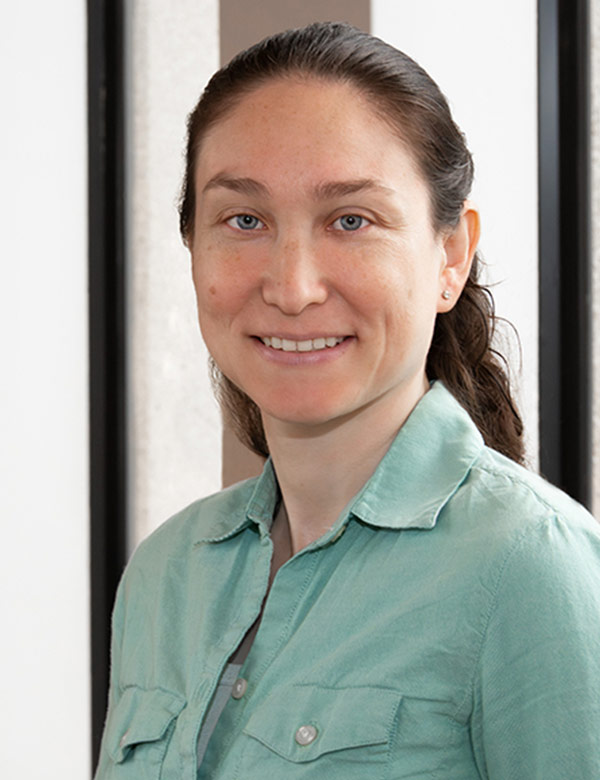Johanna Nagy, the Warren E. Rupp Assistant Professor of Physics at Case Western Reserve University, was recently awarded NASA’s Nancy Grace Roman Technology Fellowship in Astrophysics to advance her work in experimental cosmology.
This esteemed early career award is granted to a select few of the most promising scientists pushing the boundaries of astrophysics technology and research.

“I became deeply interested in space when I was in middle school, but in college I learned how much I enjoy experimental work,” said Nagy, who joined the faculty in 2023. “It still amazes me that instruments we build by hand in the lab can help us answer fundamental questions about the universe. I have also been fortunate to have many fantastic mentors throughout my career and hope to pay it forward.”
Nagy and her research team specialize in experimental cosmology, focusing on the evolution and composition of the universe by developing microwave telescopes and analyzing the collected data. By making precision measurements of the Cosmic Microwave Background radiation, they aim to deepen the understanding of the universe.
As a recipient of this award, Nagy has two years to submit a technical proposal and claim the $500,000 research grant.
“This fellowship will allow me to continue to grow my research group and expand our lab’s capabilities,” she said. “I am most excited about being able to work with more undergraduate and graduate students and to help them pursue their own career paths.”
The Nancy Grace Roman Technology Fellowship—often referred to as the Roman Technology Fellowship—aims to empower early career researchers by equipping them with skills to spearhead astrophysics flight-instrumentation development projects, according to a release issued by NASA.
The fellowship also supports researchers’ growth into principal investigators of future astrophysics missions.
“We are honored to have Dr. Nagy among our faculty and look forward to the innovative contributions she will make through this fellowship,” said Glenn Starkman, co-chair of the Department of Physics.
“This fellowship not only promotes the development of cutting-edge technologies with the potential for groundbreaking scientific discoveries,” NASA said, “but also fosters new talent by placing early-career instrument builders on a path to long-term positions in the field.”
“We saw higher numbers of strong applications for this class than in recent years, so we are especially honored to welcome this new group of five fellows,” says Mario Perez, RTF program scientist and NASA astrophysics chief technologist, based at the agency’s headquarters in Washington, D.C. “These new fellows advance important areas of technological interest to NASA astrophysics, and we expect them to become leaders in their fields and principal investigators of supporting technologies and space missions.”
For more information, contact Colin McEwen at colin.mcewen@case.edu.


